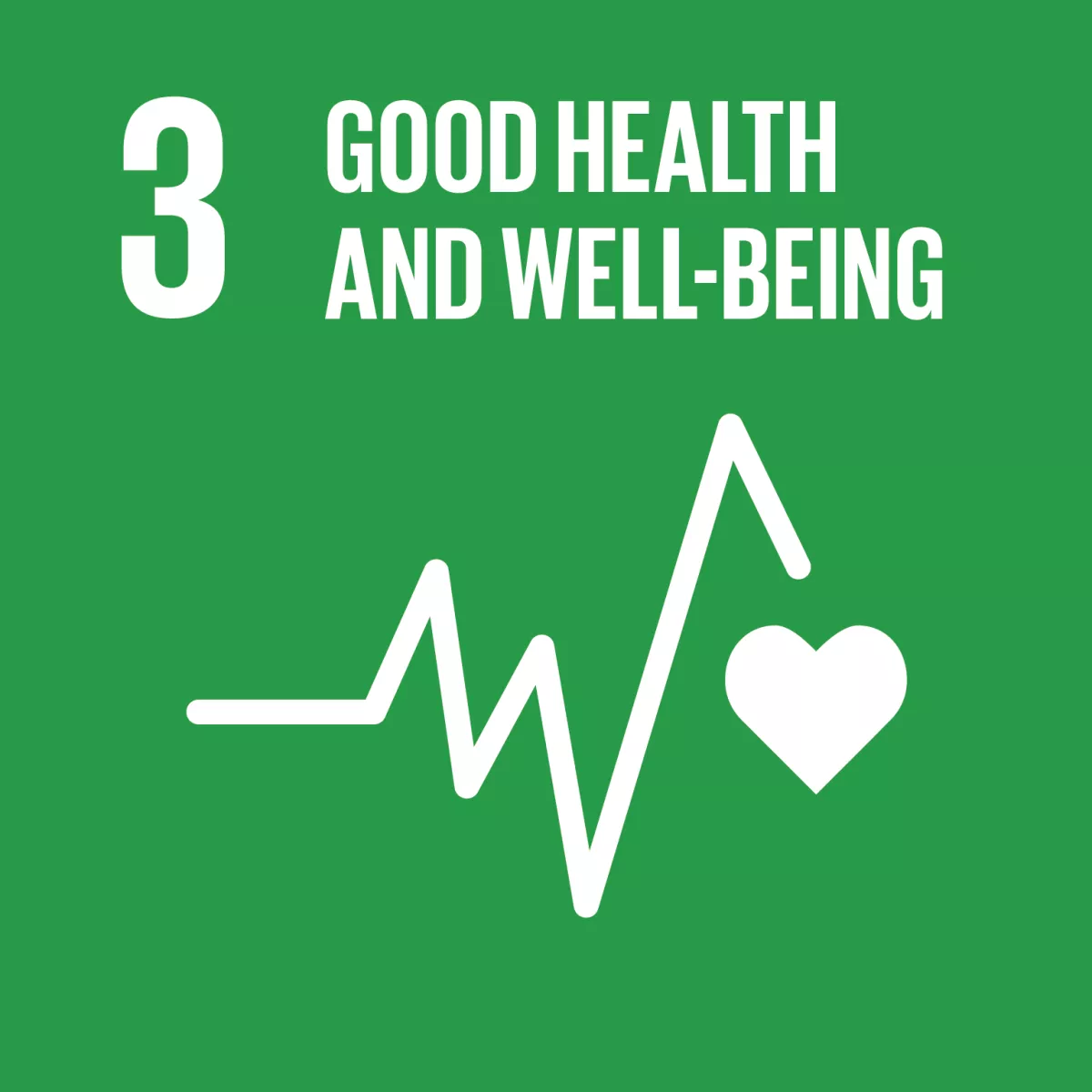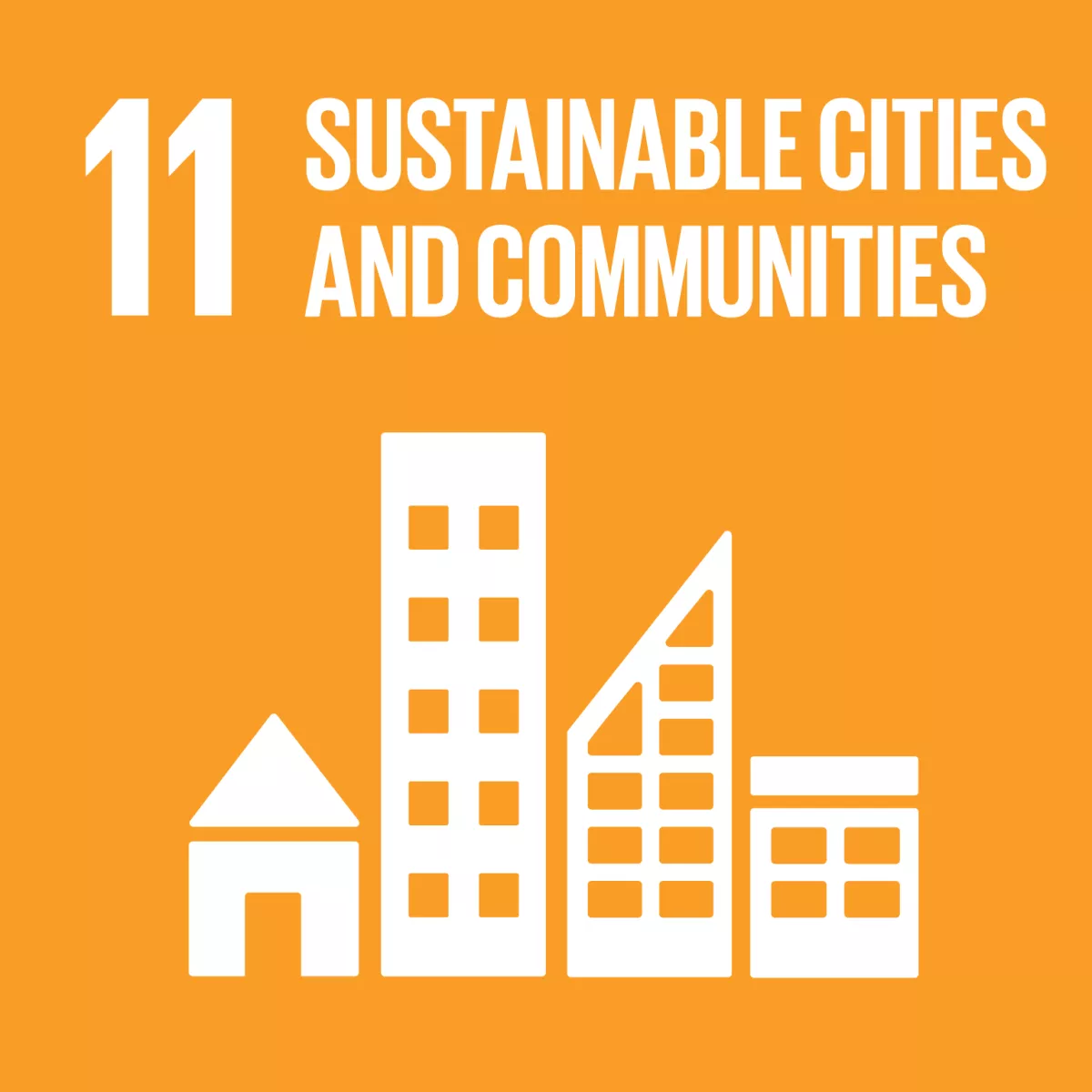The lack of a toilet, but a cell phone - this is the reality faced by many slum dwellers around the world. There is digital progress, but the essentials are missing: a toilet and a shower.
In Kenya’s largest slum Kibera, in Nairobi, residents pay bills digitally with a mobile phone, but have to live with open sewer lines emptying effluent in front of their houses since drainage and sanitation facilities are so limited. There are only 1,000 public toilets to serve the entire Kibera slum population of hundreds of thousands people. As a result, open defecation is still common. This is not only highly unhygienic, but poor or non-existent clean water and sanitation facilities are also linked to high malaria and diarrhoea rates, as in the case of Liberia where these diseases are the leading causes of child mortality.
Providing clean water and sanitation falls under these SDGs:
The 2030 Agenda for Sustainable Development is a plan of action for people, planet and prosperity. All countries and stakeholders, acting in collaborative partnership, are starting to implement this plan. The 17 Sustainable Development Goals (SDGs) and 169 targets demonstrate the scale and ambition of this Agenda, which balance the three dimensions of sustainable development: economic, social and environmental.
We assist local and national authorities through Community Managed Funds to find solutions for adequate and affordable sanitation systems in slums, including flush toilets or latrines connected to a closed sewer or septic tank, or ventilated pit latrines. We work with local water and sanitation companies and connect them with communities and authorities to install pipelines and facilities. We ensure that slum communities are trained to operate and maintain these sanitation facilities through the Community Managed Funds.
Two settlements, James Town and Ussher Town are part of the famous old town of Accra, capital of Ghana. In 2008, UN-Habitat initiated a whole series of changes in both slum districts together with its partners, the African, Caribbean and Pacific Group of States (ACP) Secretariat, the European Commission and the Government of Ghana. Together with the local communities of both settlements, PSUP has established several public shower houses, segregated by gender, 50 private toilets as well as a municipal waste management system connected to the public waste disposal system.




